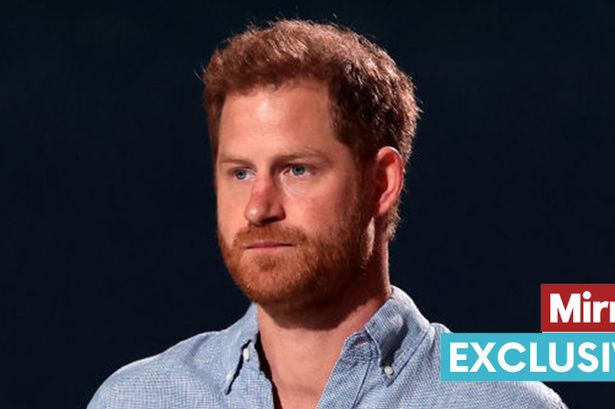“Harry – The Lost Prince,” a recent documentary that aired in Germany, has stirred significant attention by delving into the intricate life of Prince Harry and his experiences as a member of the British royal family. The documentary offers a candid portrayal of the pressures, expectations, and emotional complexities faced by Harry, especially as he navigated his royal duties alongside a quest for personal identity. This exploration sheds light on his relationship with his family, his struggles with mental health, and his ultimate decision to step back from royal duties, all of which might be challenging for the Duke and Duchess of Sussex to confront.
One of the key revelations in the documentary is the portrayal of Prince Harry’s early life, marked by tragedy and loss. The film emphasizes how the death of his mother, Princess Diana, had a profound impact on Harry’s mental health and shaped his worldview. It discusses his feelings of isolation and grief, which were compounded by the intense media scrutiny that followed him throughout his childhood. This background provides essential context for understanding his later choices, including his departure from royal life and his advocacy for mental health awareness.
The documentary also provides a stark contrast between Harry’s upbringing and the perceived bliss of royal life. Viewers gain insight into the reality of being in the royal spotlight, discussing the expectations placed on Harry and his brother William to uphold the family legacy. The tone is somber, as it highlights the internal struggles the young princes faced, portraying them not merely as public figures but as individuals grappling with profound personal challenges. This exploration may evoke sympathy from audiences but could also provoke difficult memories for Harry and Meghan as they reflect on their own experiences with the royal family.
Additionally, the film doesn’t shy away from addressing the criticism and hostility that both Harry and Meghan have faced from the media and some members of the royal establishment. The couple’s relationship and their bold decision to step back from their duties are examined, revealing the motivations behind their actions and the impact these decisions have had on their lives. The retrospective view offered by the documentary might make it particularly uncomfortable for the couple, as it retraces the steps leading to their decision to relocate to the United States and strive for a life beyond royal obligations.
Moreover, “Harry – The Lost Prince” touches on themes of self-discovery and the quest for authenticity. It underscores Harry’s journey to find his voice and purpose outside the confines of royal duty, focusing on his philanthropic work and commitment to mental health initiatives. This narrative of agency and empowerment may resonate with many viewers; however, for Harry and Meghan, it might also evoke feelings of vulnerability as they assess their journey in the public eye and the sacrifices made along the way.
In conclusion, the documentary serves as both a revealing account of Prince Harry’s tumultuous relationship with the royal family and a broader commentary on fame and mental health. While it may resonate with audiences by emphasizing themes of loss, identity, and resilience, it also poses a potential emotional challenge for Harry and Meghan, as it revisits painful memories and public scrutiny. Ultimately, “Harry – The Lost Prince” invites viewers to consider the human side of royal life, a perspective that is often overshadowed by the glitz and glamour associated with monarchy.














